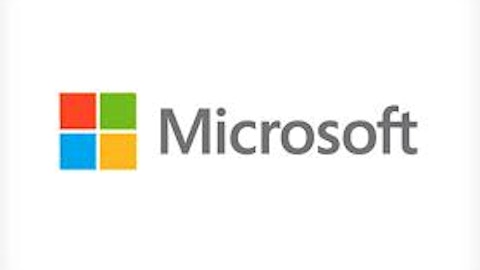
Google’s Pricing Advantage
America does not have many public high speed Internet solutions, but Verizon Communications Inc. (NYSE:VZ)‘s FiOS product is one of the closest competitors to Google Fiber. While Google Inc (NASDAQ:GOOG) Fiber offers a 1 gigabyte Internet and TV package for $120 a month, Verizon Communications Inc. (NYSE:VZ)’s FiOS offers a 0.5 gigabyte Internet and TV package for $310 per month. To help compensate for the lower speed, Verizon offers more TV options.
Google Fiber offers higher speeds at a much more reasonable price. It is important to remember that these speeds are peak speeds, and actual performance is usually slower than the sticker number. While Verizon is quick to argue that a 0.5 gigabyte download speed is enough for all consumer needs, performance degradation means that customers are more likely to feel Verizon Communications Inc. (NYSE:VZ)’s bandwidth constraints.
Look at the Big Picture
Growing profits through acquisitions is challenging, and Motorola Mobile is still losing money. Google needs to keep growing its revenue and justify its price to earnings (P/E) ratio around 26. Already, its one year earnings per share (EPS) growth rate of 10.3% is far below its five year EPS growth rate of 19.5%. In order to get its purchase of Motorola approved by regulators, it had to agree to maintain Android as a free product.
The U.S. ISP market is big with annual sales around $48 billion. If Google Inc (NASDAQ:GOOG) chooses to become an ISP it will be able to substantially increase its profits without any stressful acquisitions.
Google’s 2012 revenue was $50 billion, and the majority of that comes from selling advertisements. Faster download speeds equal more video consumption, which will boost Google Inc (NASDAQ:GOOG)’s advertising revenue and share of brand advertising dollars. Google already has the technical knowledge to become a public ISP, and its bottom-line is just waiting.
Verizon’s Story
Verizon is quick to criticize the idea of ultra-high speed Internet to homes as overkill, but the company has other reasons to be afraid of Google. Verizon’s slow growth will limit the amount of money it has available for capital investment and new product offerings.
In 2012, Google produced earnings before interest and taxes (EBIT) of $13.5 billion, while Verizon produced an EBIT of $12.5 billion. With Verizon’s five-year revenue growth rate of 3.7% and Google Inc (NASDAQ:GOOG)’s five-year revenue growth rate of 21.5%, it is reasonable to expect that in the long run Google will put out more profits than Verizon. Verizon’s lower profit margin of 10.5% further constricts the amount of money it has available for capital investment.





